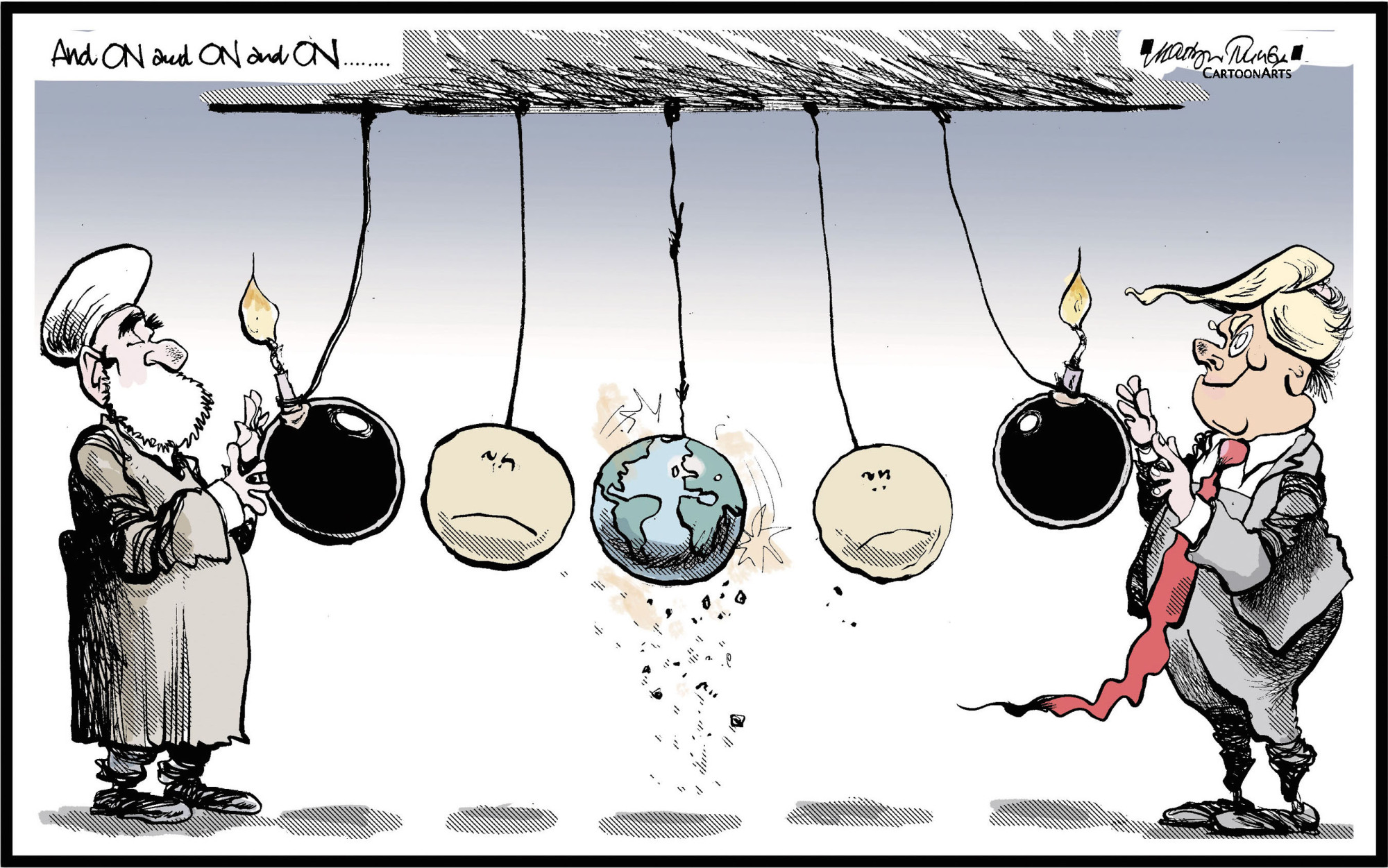The assassination by the United States of Qassem Soleimani, the commander of Iran's Quds Force, was certainly a major escalation in the two countries' long-running conflict. But it need not beget World War III (as some pundits are already predicting). Moreover, while the U.S. may have achieved a short-term tactical advantage by killing Soleimani, the Iranian regime could yet benefit from recent developments.
Iran has been taking drastic steps to ameliorate the severe regional and domestic challenges it currently faces. For example, it recently confronted a sudden upsurge in Iraqi nationalist fervor over its influence in that country. Iran's diplomatic outposts were burned and its goods boycotted. Even the Iranian-born Ayatollah Ali al-Sistani, Iraq's highest Shiite cleric, has spoken out against foreign (meaning Iranian) interference in Iraqi affairs.
In a clear effort to divert this anti-Iranian sentiment, Soleimani's allies in Iran — particularly the newspaper Kayhan, a mouthpiece for Iranian Supreme Leader Ayatollah Khamenei — suggested in October that Iraqis should occupy the U.S. embassy in Baghdad. Iran needed to change the discourse in Iraq by redirecting nationalist fervor toward the U.S. And in the event, the conversation in Iraq has indeed changed following the drone strike on Soleimani: Many Iraqis are now wondering not when Iran will leave, but when the U.S. will.



















With your current subscription plan you can comment on stories. However, before writing your first comment, please create a display name in the Profile section of your subscriber account page.